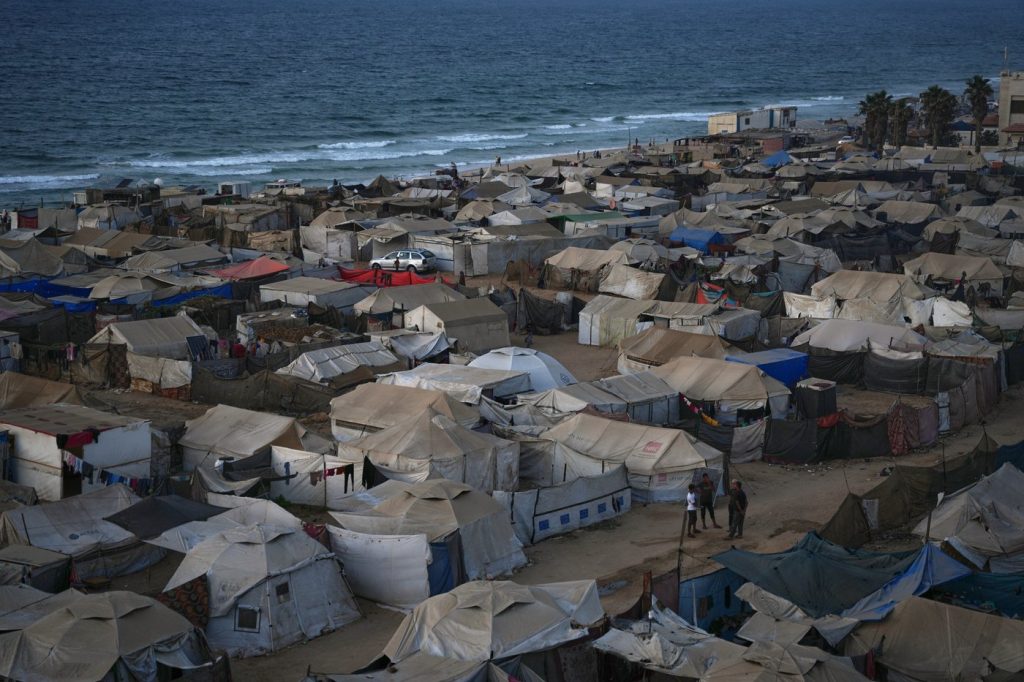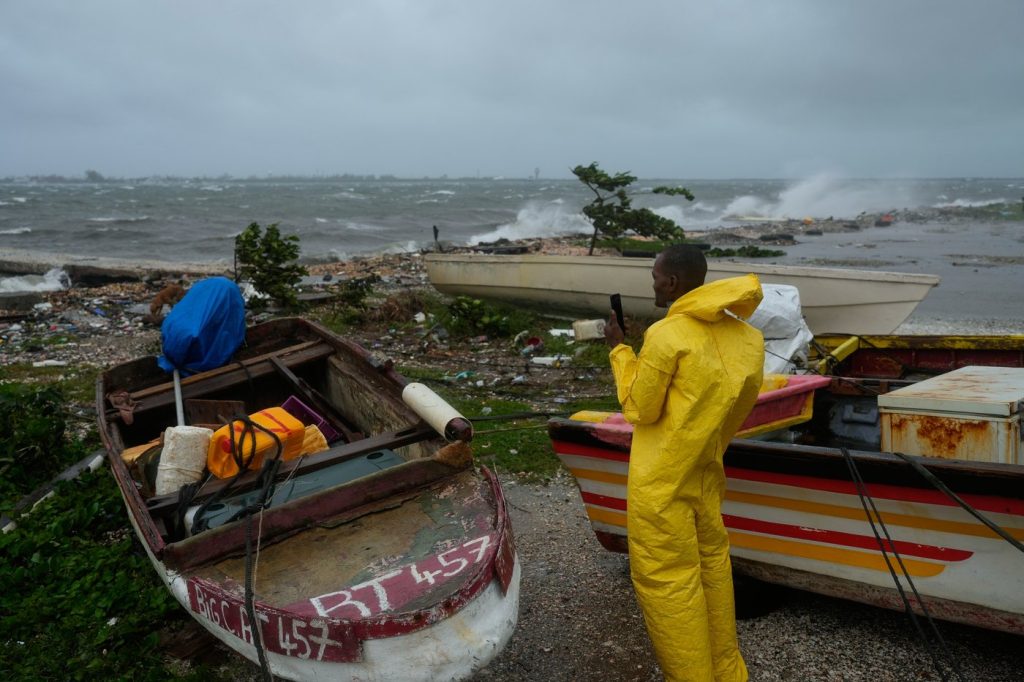JERUSALEM (AP) — The claims by Israel that the remains of three individuals handed over by Hamas to the Red Cross in Gaza do not belong to any hostages represent a significant obstacle to the U.S.-brokered ceasefire in the ongoing Israel-Hamas war. This latest development follows Israel's return of 30 Palestinian bodies to Gaza on Friday, completing a recent exchange where militants had previously provided two Israeli hostages' remains.
Israeli Prime Minister Benjamin Netanyahu's office confirmed that the remains in question do not belong to hostages, leaving their identities undisclosed. Hamas’ armed wing claimed it offered samples of unidentified bodies to Israel, but the Israeli side referred the request for remains to assist with proper examination. Health officials in Gaza face challenges in identifying corpses due to a lack of access to DNA testing kits. As a result, there’s ongoing frustration within families and support groups as they rally for the return of all hostages.
During a rally in Tel Aviv, Yael Adar, the mother of deceased hostage Tamir Adar, accused Hamas of mocking the families of hostages. Conversely, Moran Harari, a friend of Carmel Gat, urged for restraint from Israel, emphasizing the heavy toll the war has taken on both Palestinian and Israeli lives. The calls for peace underscore the complexity of the situation as the fragile ceasefire remains under strain.
Since the ceasefire commenced on October 10, Palestinian militants have returned the remains of 17 hostages, while eleven are still reportedly in Gaza. Israel has requested a faster pace in these exchanges, but Hamas has cited the challenges posed by the extensive destruction in Gaza and ongoing military operations. In the context of these exchanges, Israel has released unidentified remains of 15 Palestinians for each Israeli hostage returned. To date, a total of 225 Palestinian bodies have been returned by Israel since the ceasefire began, but only 75 of these have been identified by their families, according to Gaza’s Health Ministry.
The origins of the remains returned by Israel remain unclear; they could be from individuals killed during Hamas's October 7, 2023, attack on southern Israel, from detainees who died in Israeli custody, or recovered by military forces within Gaza during the war. This ambiguity adds another layer of complexity to an already fragile truce, which was further strained earlier this week with Israeli strikes across Gaza that resulted in over 100 casualties after the death of an Israeli soldier in Rafah.
Concerns regarding security have been echoed by Jordan's foreign minister, Ayman Safadi, who highlighted that Israel's maintained military presence in Gaza jeopardizes the ceasefire. At the Manama Dialogue security summit, he stressed the necessity of establishing a Palestinian police force backed by an international stabilization force under a U.N. mandate. Safadi expressed skepticism about achieving security while Israel remains entrenched in Gaza.
The United States has proposed a 20-point peace plan that includes deploying a temporary international stabilization force working in cooperation with regional partners, such as Egypt and Jordan. However, the plan explicitly rules out the involvement of American troops in Gaza. Various nations, including Indonesia, have expressed a willingness to contribute troops for peacekeeping, contingent on a clear U.N. mandate.
Additionally, discussions surrounding the disarmament of Hamas, the governance of a post-war Gaza, and the augmentation of humanitarian aid pose critical questions for the future. Notably, Indonesia has offered thousands of troops for a peacekeeping operation but insists that it will only proceed with a U.N. mandate. Suggested by its Foreign Minister, the recognition of a Palestinian state must come with assurances for Israeli safety and security.
The conflict that erupted following the Hamas-led attack on October 7 has resulted in unprecedented casualties, with Israel reporting approximately 1,200 deaths and 251 hostages taken. In Gaza, Israel's military operation has reportedly killed over 68,600 Palestinians, as per figures provided by the Hamas-run Health Ministry. Israel has consistently challenged these casualty numbers and denied allegations of committing genocide, adding to the tensions between both sides.












